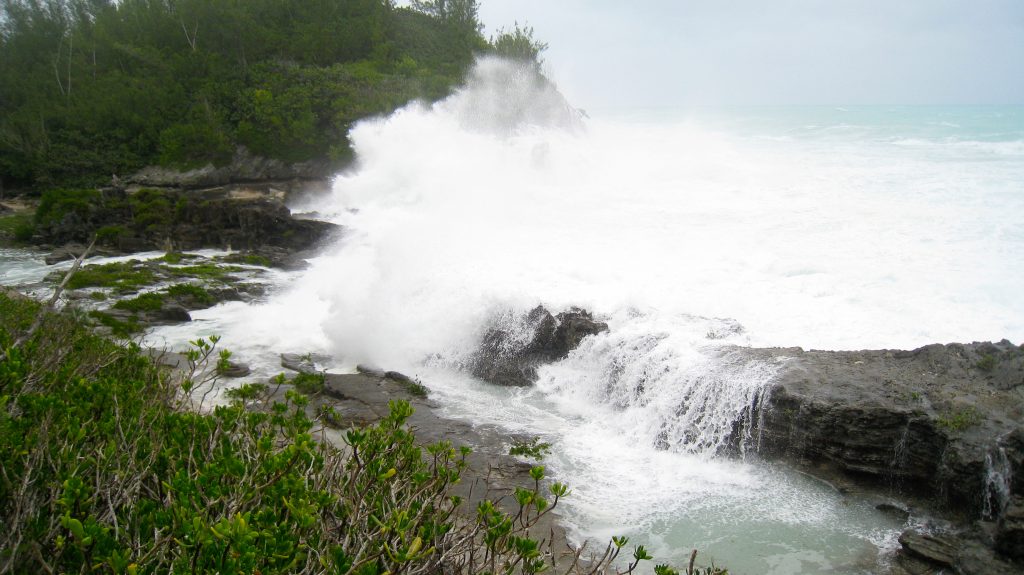In a recent update on the work done by the Bermuda Environmental Sustainability Taskforce, we expressed significant concern about the undeniable acceleration of the effects of climate change. It is encouraging to hear the Government’s insistence that there are a number of projects with that critical focus but having a national strategy would provide us all with the opportunity to identify the ways we can make a contribution.
As a way to add to the conversation, BEST offers these recommendations:
Government actions
• Focus on renewable, sustainable power generation such as solar and wind, and move away from fossil fuels such as oil, natural gas and LNG
• Phase out the importation of gasoline and diesel-fuelled vehicles to facilitate full transition to electric vehicles. Invest in new infrastructure to facilitate e-vehicles and conduct retraining classes for local mechanics
• Continue with the proposed ban on the use of single-use plastics that is already under way.
• Strengthen recycling in Bermuda (tin, aluminium and glass) by making it mandatory. Explore recycling options for other materials (eg, hard and soft plastics). Incentivise composting for food waste, starting with supermarkets and restaurants, and make the recycling of cooking oils a requirement
• Create more marine-protected habitats to conserve our fisheries and reefs
• Protect our remaining arable land for farming, promote locally grown produce, create more community gardens and incentivise home vegetable gardens
• Train an upcycle team and create an industrial park used for possible repurpose of waste
• Plant more trees island-wide and promote a public-awareness campaign to highlight the environmental, economic and health value of trees. Planting trees is perhaps one of the easiest things to do to combat climate change and huge projects are taking place globally
Community actions
•Buy/consume less meat, milk, cheese and butter, and buy more locally sourced fruits and vegetables. Support our farms!
• Avoid using single-use plastics wherever possible — take reusable bags to supermarkets and ask for more sustainable, biodegradable packaging at your favourite takeout establishments.
• Reuse and recycle tin, aluminium and glass; and compost food and horticultural waste
• Make the switch to an electric vehicle at your next car/bike purchase. Use public transport when possible, or walk or cycle to work
• Make sure your home uses energy-efficient appliances, follow home energy-saving best practices, and invest in solar panels for renewable energy generation if possible
• Adopt a less materialistic lifestyle — our Western consumer-driven society is incredibly wasteful and a significant drain on the Earth’s resources. Anything shipped or flown to Bermuda has a huge environmental cost in terms of resources used and fuel burnt. If you don’t need it, don’t buy it
• Ask your restaurants and supermarkets to disclose where their meat and seafood comes from and whether it is sustainable, to encourage more responsible sourcing methods — many businesses in Britain and North America are now doing this
• Support the creation of marine-protected areas to ensure full protection of our nearshore waters, indefinitely, for future generations
• Don’t overdevelop your property and preserve open spaces.
• Plant trees
• Support the many local environmental charities and projects that help to conserve our reefs, fisheries and shorelines, such as the Keep Bermuda Beautiful beach clean-ups and lionfish-culling tournaments
Read more here: https://www.royalgazette.com/opinion-writer/opinion/article/20211105/best-advice-on-climate-change/

